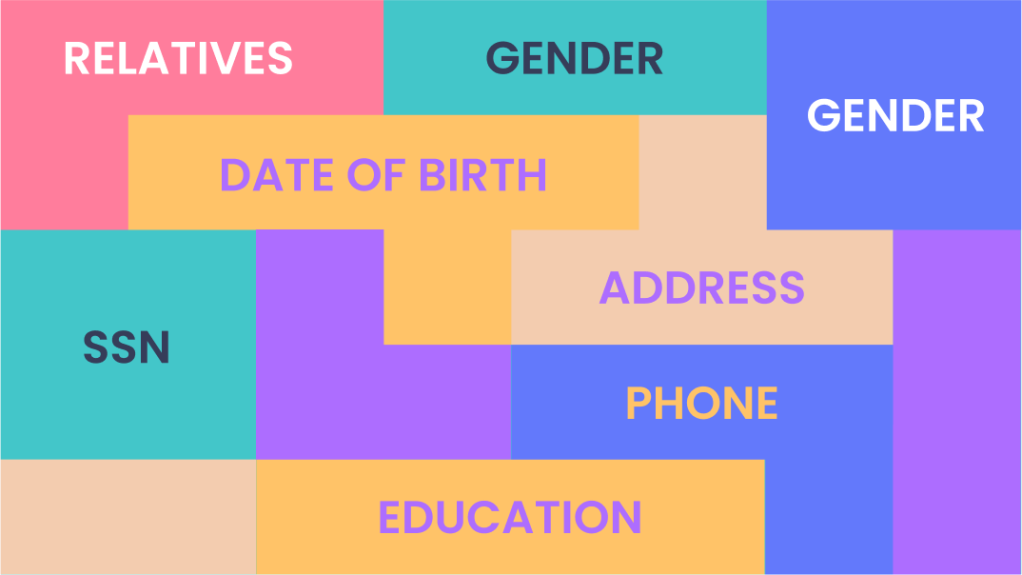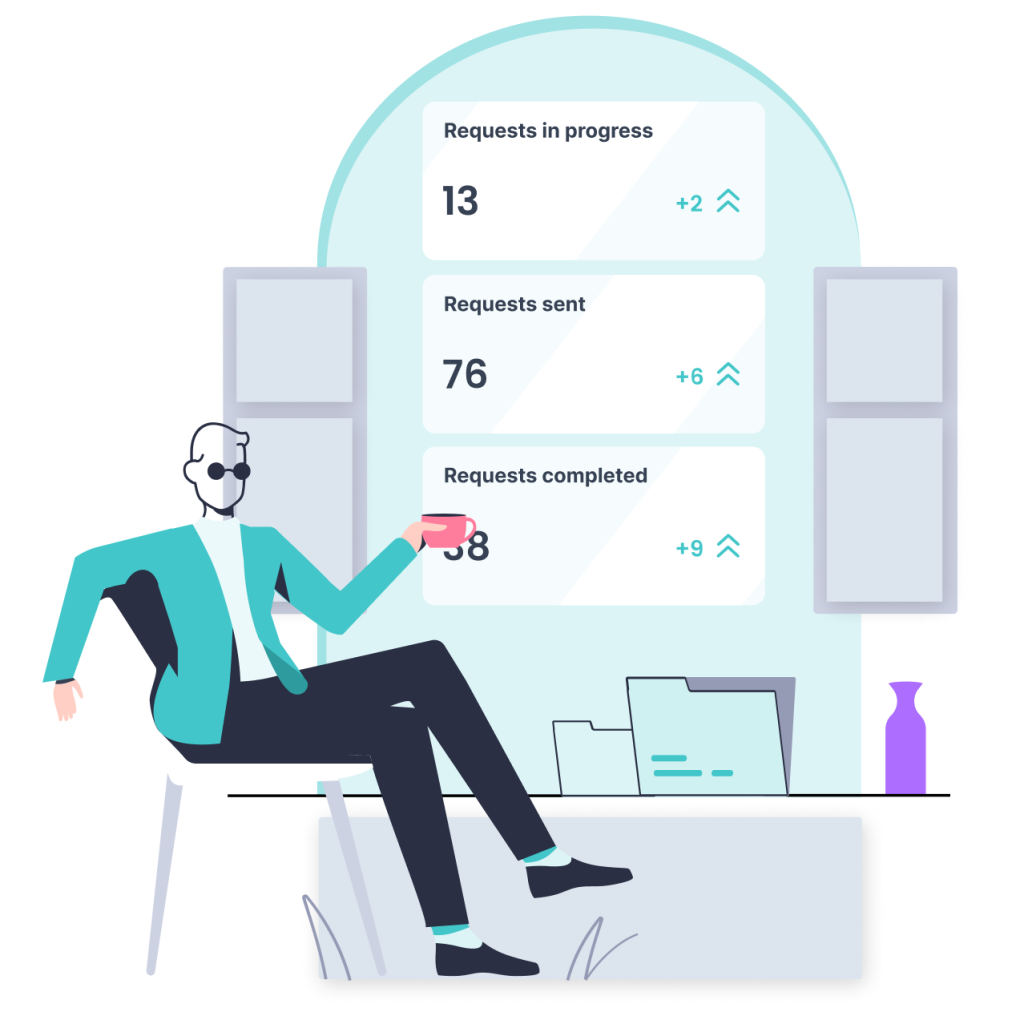
Whether you realize it or not, there’s a decent chance that your information is being bought and sold on the Internet. Thankfully, it’s possible to take control of your privacy and take your information off the Internet – and a special deal from our friends at Incogni makes it incredibly easy.
Who is selling your information?
Have you ever done a Google Search for your name? You may be surprised at how many results will pop up. There are likely other people in the world who share your first and last name, but if you narrow it down by including your city or phone number, you can quickly find out just how prevalent your personal information is online.
Numerous “people search” websites offer these kinds of private details about you, often to anyone willing to pay the subscription fee. This could include your name, current and previous addresses, email address, phone number, and more.

Worse, there’s also an entire industry of other “data brokers” who will happily sell your info to prospective employers, insurance companies, and more. These companies aren’t nearly as easy to identify through a Google Search.
Even just identifying where your information appears is a daunting task on its own. Meanwhile, Incogni has years of experience dealing with the many data brokers worldwide to find where its customers’ data is being sold.
How to take your data off the Internet
While these data brokers may seem ominous, it’s possible, more often than not, to simply request to have your information removed from their records. So, your first step to reclaiming your online privacy is to go back to that aforementioned Google search for your name and make a list of all the websites that display your information.
Once you’ve collected the list, you’ll need to contact each one individually and request that they remove your private data. That said, it’s not always a straightforward process because brokers or search sites can contest your claim, requiring more paperwork, more time, and more effort.
And to top it all off, these removals are, unfortunately, often only temporary. Once a people search site or broker collects your data again in a different way, that info can often go right back up for sale. If you’re going it alone, keeping your private details off the Internet requires a lot more tenacity than you might expect. Luckily, it doesn’t have to be that way.
Make privacy easy with Incogni
The cybersecurity firm Surfshark recognized the negative impacts of these data brokers and formed Incogni to give people a chance to take their information off the Internet and reclaim their privacy.
Incogni is a subscription service that confronts the data brokers on your behalf. More importantly, it does so repeatedly and persistently. And, for a limited time, our readers can take advantage of an exclusive 55% discount when subscribing to an annual plan by using code “9to5google” at checkout.

With years of experience in this work, Incogni knows all the players and does whatever it takes to protect its customers, even handling any contested claims. All you have to do is sit back and watch Incogni work. Through the online dashboard, you can stay updated on every removal request and know that Incogni has your back.
So, if you’re ready to take back control of your privacy and take your data off the Internet, then Incogni should be your first choice. Plus, with a 30-day money-back guarantee, there’s no harm in trying it out to see just what Incogni can do for you.
Add 9to5Google to your Google News feed.
FTC: We use income earning auto affiliate links. More.
Note: This article have been indexed to our site. We do not claim legitimacy, ownership or copyright of any of the content above. To see the article at original source Click Here












